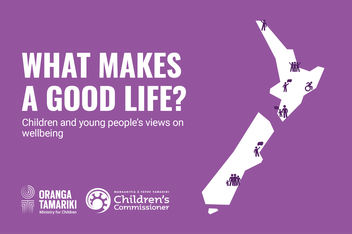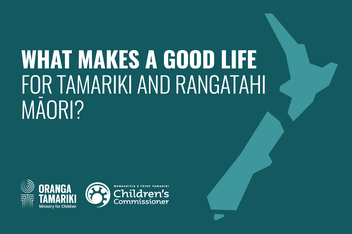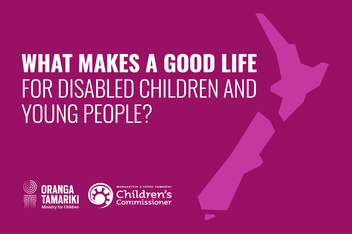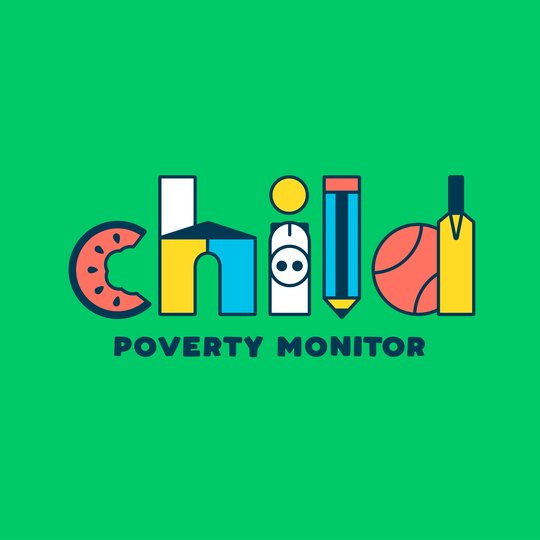
Te aro turuki i te pōharatanga o te tamaiti
Child Poverty Monitor
The 2022 annual Child Poverty Monitor is the tenth in a series. It tracks changes in how many children live in poverty on a range of measures, and how poverty impacts their lives. The Monitor is made in partnership with the JR McKenzie Trust and Otago University. The below link opens a new website.
Last year, the monitor started with stories from some communities in Aotearoa where mokopuna are supported to thrive. You can read these and other stories about communities supporting children and young people here:
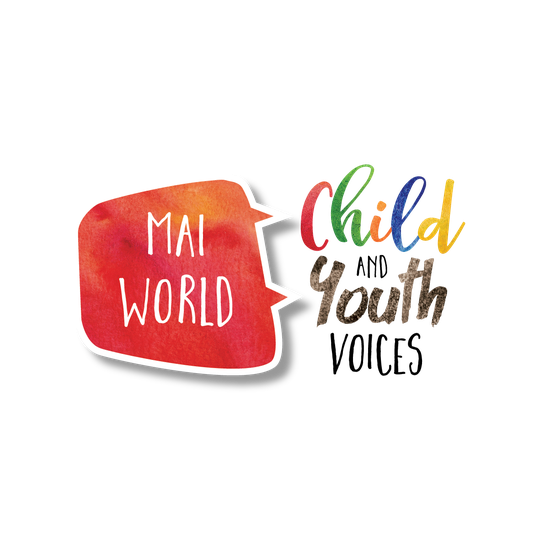
Te āhua o te oranga ngākau
What mokopuna tell us about wellbeing
Our Mai World Team have asked mokopuna across Aotearoa about what a good life would look like to them. Their views have been collected, reported and published by Mai World.
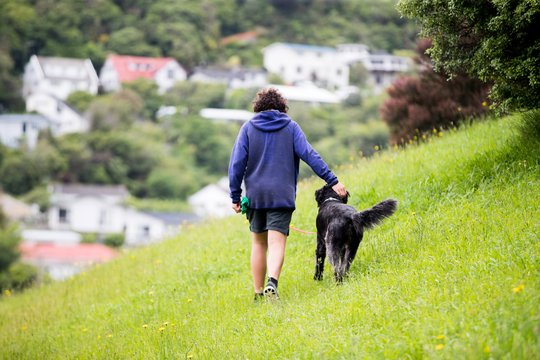
Ngā āraitanga ki te oranga ngākau
Barriers to wellbeing
Most mokopuna tell us they have a good life. However, some mokopuna tell us some things prevent them from having a good life. Some examples of what can affect mokopuna having a good life include insecure housing or not enough money; family members with bad jobs or mental and physical health problems; or when mokopuna or their family experience violence and racism. Some tell us that these challenges can affect family relationships. Mokopuna are clear about how these challenges affect them, and it is crucial that leaders of Aotearoa listen to them and act on their concerns to improve their wellbeing.
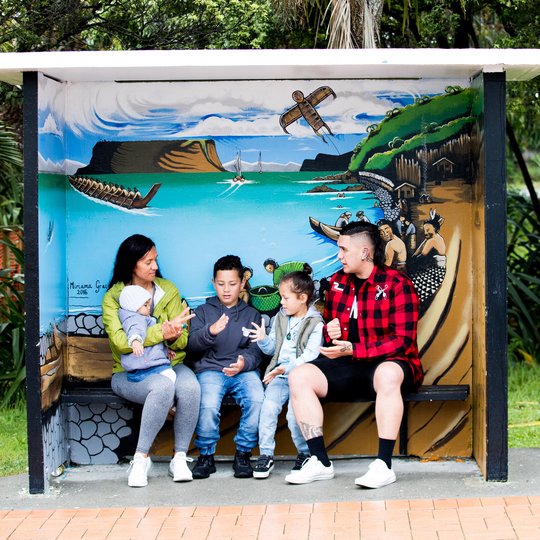
Te whakapai ake i te oranga ngākau
Ways to improve wellbeing
Good relationships are important for mokopuna at every age. They value their relationships with family, whānau, friends and teachers. Mokopuna need to feel accepted, and respected. They should feel empowered to have a voice and for their voice to be considered in decision-making that affects them. Ensuring mokopuna and their family and whānau have everything they need is the basis of improving wellbeing.
